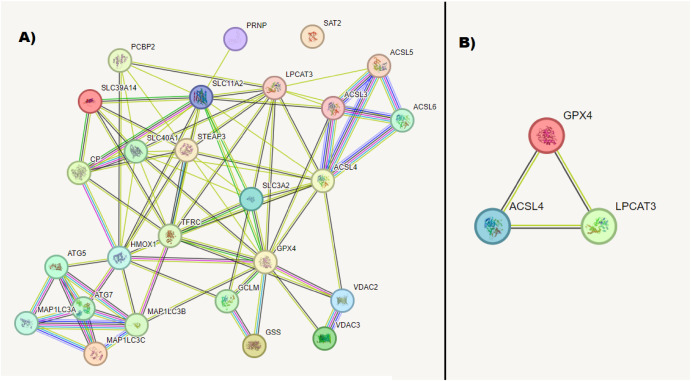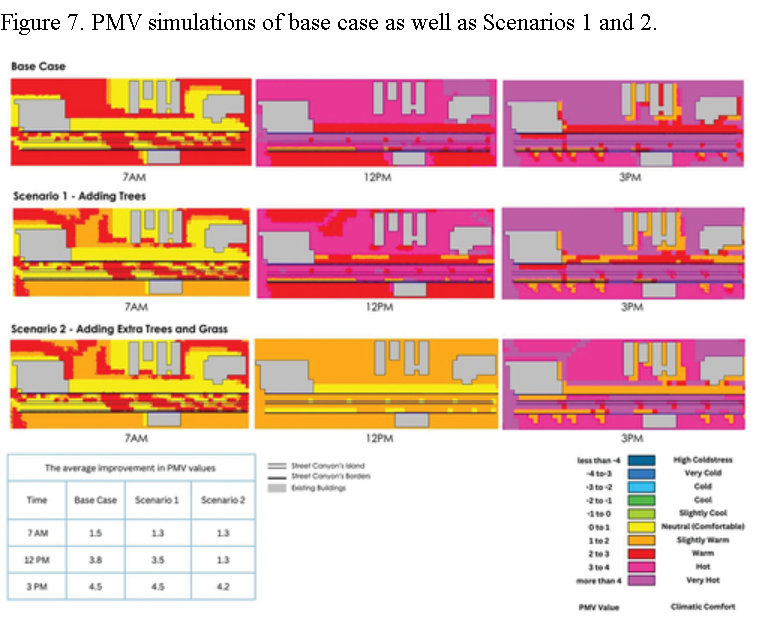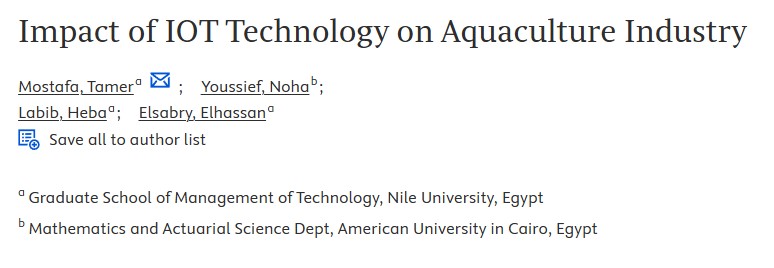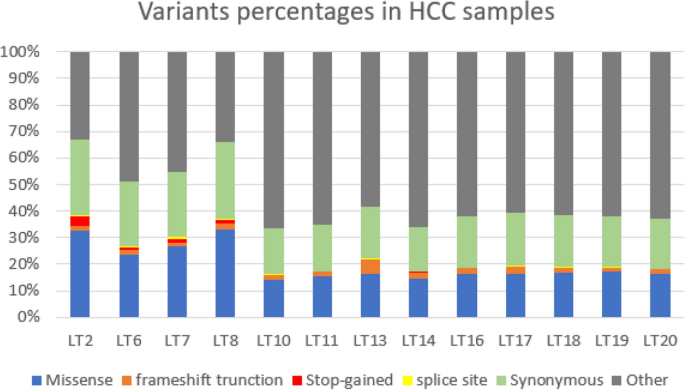
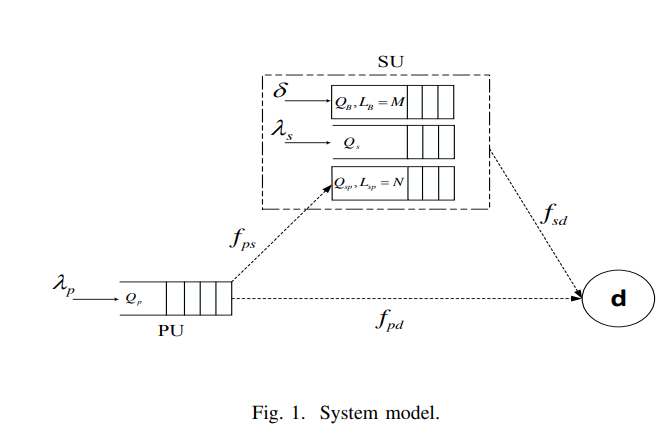
On the role of finite queues in cooperative cognitive radio networks with energy harvesting
This paper studies the problem of cooperative communications in cognitive radio networks where the secondary user is equipped with finite length relaying queue as well as finite length battery queue. The major hurdle towards fully characterizing the stable throughput region stems from the sheer complexity associated with solving the two-dimensional Markov Chain (MC) model for both finite queues. Motivated by this, we relax the problem and focus on two energy constrained systems, namely, finite battery queue with infinite relay queue and finite relay queue with infinite battery queue. We characterize the stable throughput regions for the two proposed simpler systems. For each proposed system, we investigate the maximum service rate of the cognitive node subject to stability conditions. Despite the complexity of the formulated optimization problems attributed to their non-convexity, we exploit the problems' structure to transform them into linear programs. Thus, we manage to solve them efficiently using standard known linear programming solvers. Our numerical results reveal interesting insights about the role of finite data queues as well as energy limitations on the network performance, compared to baselines with unlimited energy sources and infinite data queues. © 2017 IEEE.
